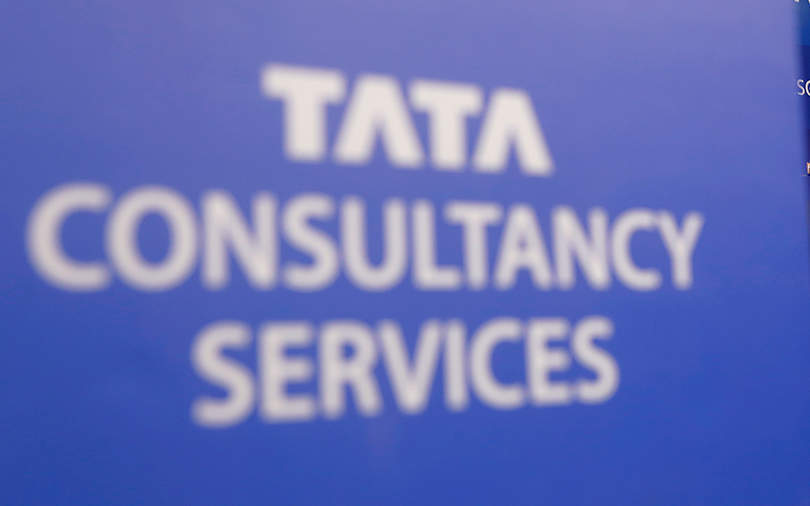
Enterprise Tech Dispatch: TCS eyes more governance projects; HCL merges four subsidiaries


As enterprises look to transform digitally, central and state government bodies are trying to adopt emerging technologies to increase efficiency and productivity. Indian IT services firms such as Tata Consultancy Services (TCS) are looking to take advantage of the governments' tech adoption drive to increase revenue.
TCS has seen an increase in business from the public sector, especially from egovernance, policing and smart city projects, The Economic Times reported.
TCS, which garnered a revenue of $1.2 billion from the domestic market for the fiscal year 2019, serves projects like the income tax filings, passport services and the India Post digitalisation and financial inclusion programmes.

Also read: AWS eyeing public sector in India
However, other IT services firms such as HCL claim India is not a priority market when it comes to digital deals.
In an interview with TechCircle, Anand Birje, corporate vice president and global head of digital and analytics, HCL Technologies, said the company doesn't see India driving a lot of revenue growth and will continue to largely operate as the primary delivery centre for its services.

HCL merges four subsidiaries for synergy
With rivals such as Infosys, Wipro and Tech Mahindra vying for more digital deals, HCL Technologies has decided to merge four of its subsidiaries for synergy and optimum utilisation of resources.
HCL Technologies, which acquired seven IBM products for$1.8 billion in the last quarter, is merging HCL Eagle, HCL Comnet, HCL Technologies Solutions and Concept2Silicon Systems with itself.

"The scheme of amalgamation would enable optimum utilisation of resources, synchronisation of synergies and an optimised legal entity structure by reducing the number of legal entities in the group structure," the company said in a regulatory filing.
HCL reported an 18% increase in revenue for the first quarter ended June 30. The company is on the move to spin off the seven IBM products as a separate division under the name of HCL Software.
Recently, it acquired semi-conductor firm Sankalp and has picked up a stake in London-based Om Mobile Ventures for $2 million.

Google Cloud India head moves to Star India amidst ramp up efforts
Even as Google’s top leadership looks to ramp up efforts to get close to its cloud computing rivals such as Amazon Web Services and Microsoft, the company’s India division head Nitin Bawankule is leaving the company to join Star India as ad sales head.
Watch Bawankule in Nasscom roundtable

Bawankule’s resignation comes at a time when the company is on a hiring and acquisition spree. TechCircle has reported about how the company is hiring SAP veterans to ensure it tags large customers as well as looking at acquisitions to expand its cloud services.
The India head, who was appointed to lead the cloud division in May 2018, will replace Amit Chopra.

Persistent Systems, IISER to work on Cancer Genome Atlas
Pune-based IT services firm Persistent Systems is partnering with the Indian Institute of Science Education and Research (IISER) to work on the India division of the Cancer Genome Atlas.
The Atlas, which is a public database started in the US in 2006, studies over 30 types of cancer to improve the diagnosis and treatment of these diseases.
Denis C Bauer of Australia-based research organisation Commonwealth Scientific and Industrial Research Organisation had told TechCircle earlier that the organisation is also working on a genome project mapping the entire human population. The idea of the project is to introduce gene-editing to stop diseases.
Google lays down quantum computing challenge to IBM
As IBM looks to leap ahead in quantum computing with its new Q systems, Google seems to be one step ahead. According to a Financial Times report, Google researchers have posted about a quantum computer that completes a task in over three minutes. Other supercomputing systems would take 10,000 years for the same task.
IBM, on the other hand, has entered into a partnership with a German government-backed research organisation Fraunhofer Gesellschaft for a project to explore quantum computing, Reuters reported.
The German government is expected to pump in $717 million into the project, the report said. The project aims to take on the likes of the US and China in achieving global technology proficiency.
As part of the project, IBM is expected to install a Q System quantum computer at one of its facilities in Germany.
The Indian government has also been focusing on using supercomputers powered by quantum computing in collaboration with French technology solutions provider Atos. In February, the company had launched the first supercomputer under the government’s National Supercomputing Mission. Christened Param Shivay, the supercomputer boasts 833 teraflops of RAM and has been assembled at a cost of Rs 32.5 crore.
Prime Minister Narendra Modi had inaugurated the supercomputer at the Indian Institute of Technology-Banaras Hindu University in Varanasi.
Other news
Bengaluru is expected to get artificially intelligent (AI)-driven traffic lights. According to a report in the Deccan Herald, the new lights will have cameras which will study traffic density first before programming the traffic in a way to ease congestion. The city will also have to upgrade a few lights in order to make them AI-enabled.
Visvesvaraya Technological University (VTU) in Bengaluru is planning to introduce its AI and machine learning course in all engineering streams starting with mechanical and civil engineering, Bangalore Mirror reported.
